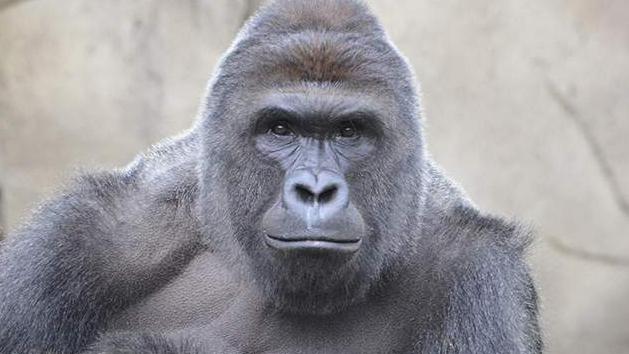2018 Chess World Championship

December 12, 2018
The World Chess Championships has a colorful history and has been played in various formats since they started in the early 1800s, at times driven by political motivations but also driven by an effort to determine the best test of who truly is the best chess player in the world. Since 2014, every couple of years the reigning world chess champion will play twelve games over a period of three weeks against an uprising challenger. Magnus Carlsen of Norway has been the reigning World Chess Champion since 2013 when he defeated Viswanathan Anand of India in 2013. The US has seen a rise in chess in the last decade. For the first time in over four decades, not since Bobby Fischer won the world chess championship in 1972 against Boris Spassky, has a US player even qualified to challenge a reigning world chess champion. This year, our very own Grand Master Fabiano Caruana qualified to represent the US in the World Chess Championships which were held in London from November 9 to November 28 of 2018. Although this would prove to be a great matchup, pitting Fabiano’s intense, deep preparation, against Magnus’ intuition and feeling, many expected Magnus to win.
Fabiano was first introduced to chess at the age of 5 at school in New York. The young Fabiano quickly became a rising phenom and at only ten years old, he defeated his first Grand Master. Caruana received his final Grand Master norm at the age of 14 becoming, at the time, the youngest player to become a Grand Master, beating the US’s Hikaru Nakamura’s previously set record.
On November 9, 2018 the first game began. Round 1 ended in a draw as most games typically do at this level of chess play. In game two of the match, Fabiano played well and went into the endgame up a pawn. However, Carlsen was able to hold the game to a draw. Games three through seven were all tight games, but they all ended in draws—the chess world ignited in excitement and commentary as Fabiano was holding his own. Fabiano had another opportunity in Round 8 since he was playing white. Fabiano played the opening superbly but with no surprises sticking with the same opening he had with white in the previous rounds. This time, Caruana fought to an advantage in the middle game—many chess analysts using computer engines to analyze the position showed Caruana as winning! Caruana’s move of rook at a to d1 (Rad1) is thought to have been weaker than taking control of the open file at e1. As a result, the game slipped from Caruana and ended in a draw.
Rounds nine and ten ended in draws again. A record was set for most games played in any World Chess Championship without a win occurring. Many Grand Masters and other pundits were lighting up the blogs, some criticizing these outcomes, and questions started flying: is this the correct format for a championship bout, are the players taking the risks they should be taking to win, is this good (exciting enough) for chess to flourish in the US? The fact remained, Fabiano was still in the fight! However, with the entire match coming to an end, both players seemed to be getting mentally and physically fatigued. Round 11—draw! Even Carlsen, in game twelve, offered Fabiano a draw where Carlsen had a significantly better position and time advantage. Some analysts believed Carlsen played it safe knowing that the non-classical portion of the tournament, the tie break rounds, would consist of rapid and blitz chess and Carlsen is known as one of the best rapid/blitz players in the world.
Fabiano sadly lost to Carlsen in the first three rapid games making Magnus Carlsen once again the World Chess Champion. I interviewed International Master and member of the San Diego Surfers chess team, Keaton Kiewra about his thoughts. IM Kiewra, acknowledging that rapid and blitz games tend to be a bit lucky but that Carlsen was the favorite going into the rapid games, said “in the first game of the rapid playoff Magnus demonstrated exemplary technique in the rook ending, which of course is not unusual for him. After he scored that first win it was a downhill battle, especially after Fabiano messed up badly in the second game, basically sealing his fate.”
Fabiano Caruana’s performance in this twelve round grueling tournament was beyond anyone’s expectations of him, and we are proud of him. We look forward to see what he might accomplish going forward and without a doubt the popularity of chess in the US will dramatically improve because of his success.



